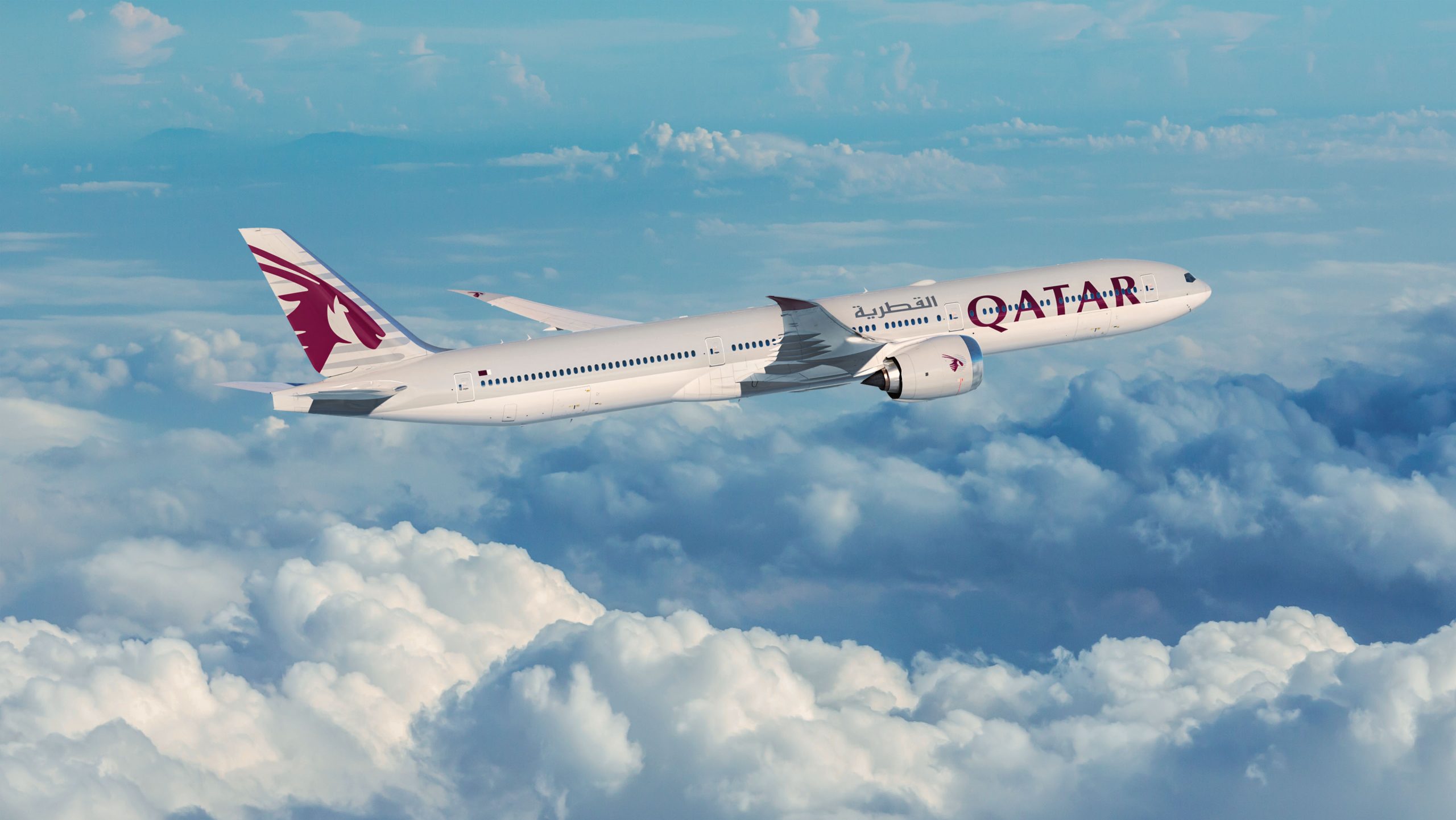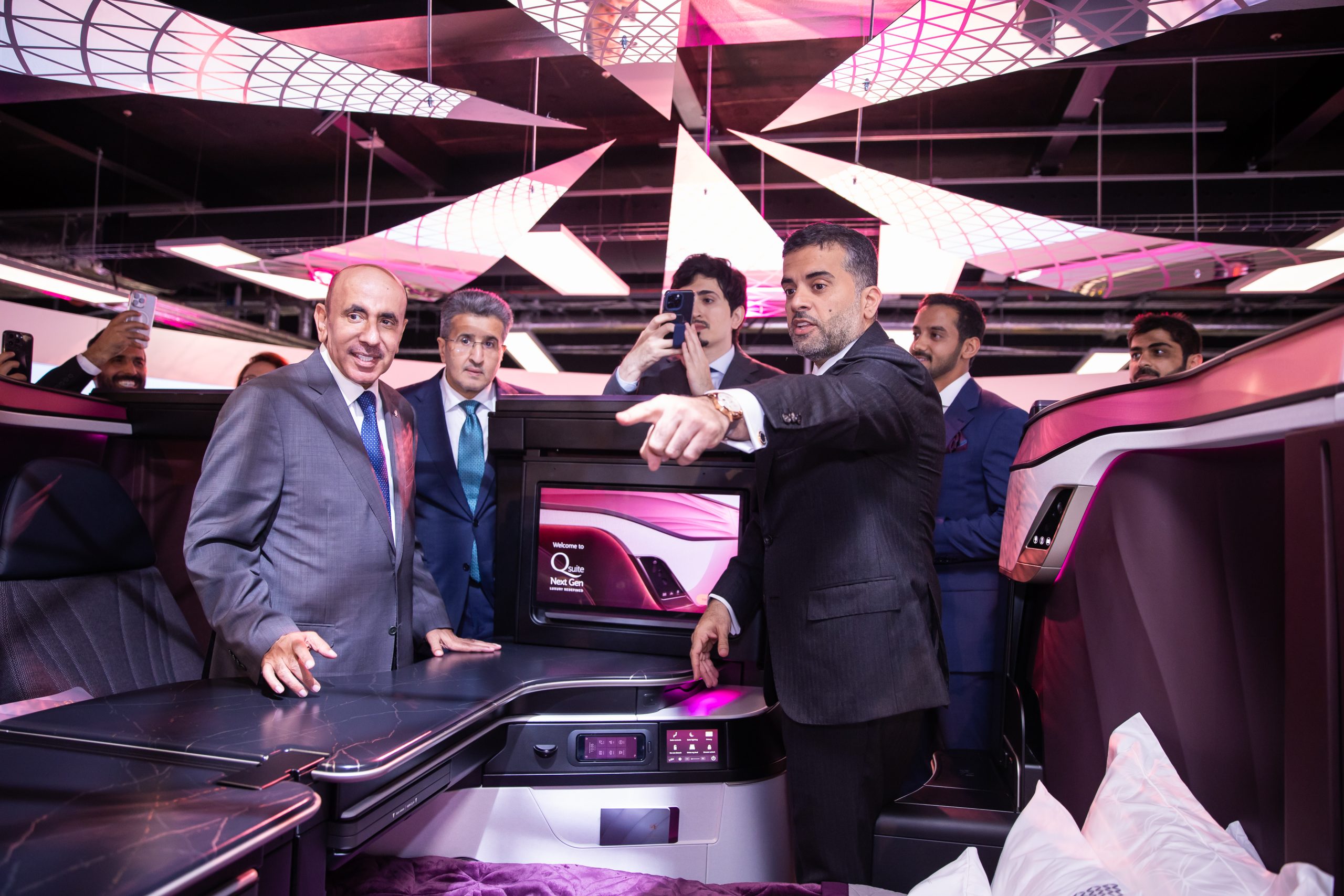
Qatar’s Karwa taxi service will be run entirely by private firms in three years time, as state transportation company Mowasalat withdraws to operate solely as a regulator, the company has confirmed to Doha News.
By 2017, a total of six taxi firms are expected to take over Qatar’s privatized taxi service, which operates under the brand-name Karwa and has been run by Mowasalat for the last decade.
However, Mowasalat was unable to elaborate on what would happen to the hundreds of taxis it currently runs. Nor could it confirm whether, as regulator, it would continue to set the fares for all the franchisees.
Two private firms – maroon-roofed Al Million and blue-roofed Al Ijarah – currently operate taxis in Qatar, in addition to the state-run Karwa cars, for a total fleet of some 3,000 vehicles. Two more firms are due to start this summer.
Mowasalat said it was currently looking to tender contracts for another two firms.
According to the Peninsula, the contracts would be awarded for five years on a renewable basis.
The news comes as Transport Minister Jassim Saif Ahmed Al Sulaiti met with the Advisory Council to discuss potentially granting public funding to Mowasalat to run transportation services, including buses.
The proposal would involve a law change and was in a report that had been referred to the Council’s Finance and Economic Affairs committee earlier this year.
Qatar News Agency reports that the recommendations have been referred to the Cabinet for a decision.
Meanwhile, Mowasalat continues its plans to become listed on the Qatar Stock Exchange, which officials say would increase accountability and make the company more efficient.
Earlier this year, Al Sulaiti briefed the Cabinet about Mowasalat’s proposed privatization, and the Peninsula reported an IPO timeline of “one to two years.”
More taxis
Qatar’s taxi service has long been the source of public frustration.
In 2012, in response to criticism over a lack of available taxis, Mowasalat increased the number of its cabs on the streets and gave franchises to two private operators to run taxis alongside its own fleet.
Earlier this year, Nasser Al Khanji, Mowasalat’s executive director for support services, announced that both franchises had been given permission to enlarge their fleets by the end of this year.
Reports said Al Ijarah would operate a total of 1,000 of their distinctive blue-roofed cars, while another 800 with maroon roofs would be run by Al Million by December 2014.
Additionally, at the beginning of this year Mowasalat’s CEO Khalid al-Hail said that contracts had been awarded to two new taxi franchisees. Cars run by Profit Trading & Contracting Company were due to hit Doha roads this month, with Ibn Ajayan Trading Group slated for an August or September start date for their taxis.
The green and yellow topped-vehicles would add an extra 1,000 cars to Qatar’s roads, bringing the total number of taxis to 4,000 by the end of this year.
A previous attempt to expand Qatar’s taxi fleet with a contract to Petro Qatar had to be scrapped after it was found not to meet licensing requirements.
Taxi complaints
The level of service and poor availability of taxis are common complaints across Qatar.
Sometimes, drivers are unfamiliar with the route, refuse to accept passengers going short distances, or don’t use their meters, claiming they are “broken.”
However, some drivers say they are forced to operate in such a way to make enough money to cover their debts and daily car rental fee.
At the beginning of this year, some Al Million drivers were reported to have staged an unofficial strike over pay and conditions.
A Sri Lankan driver told the Peninsula he was protesting at the QR300 rental cost he has to pay the firm for each 24 hours, and requesting it be reduced to QR250 to help them make a decent living.
Thoughts?







